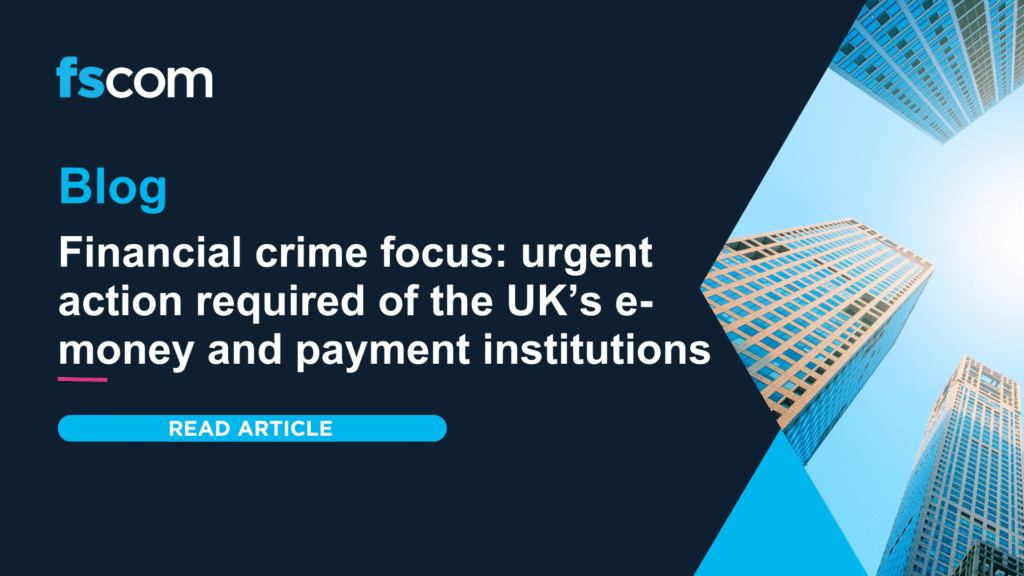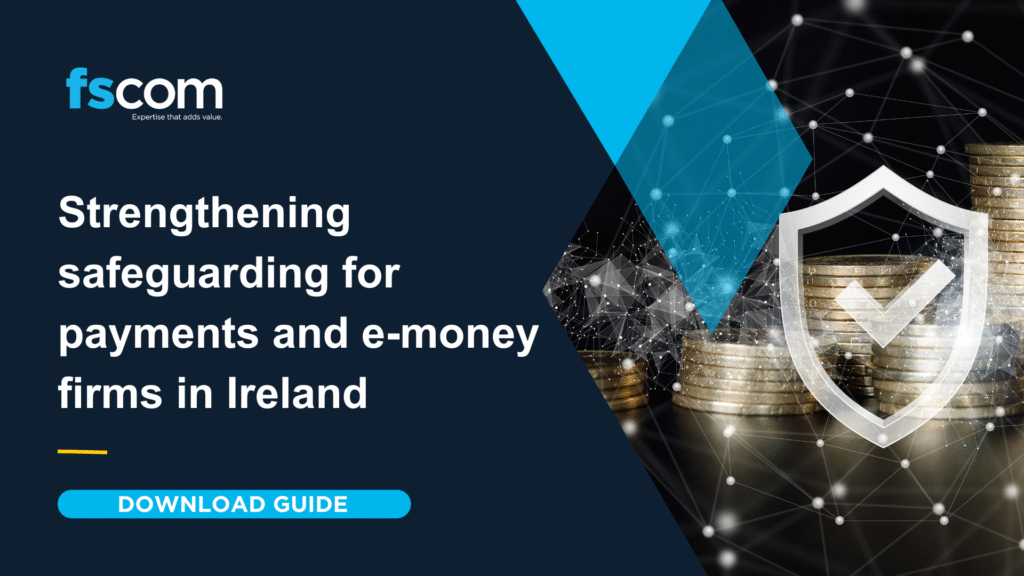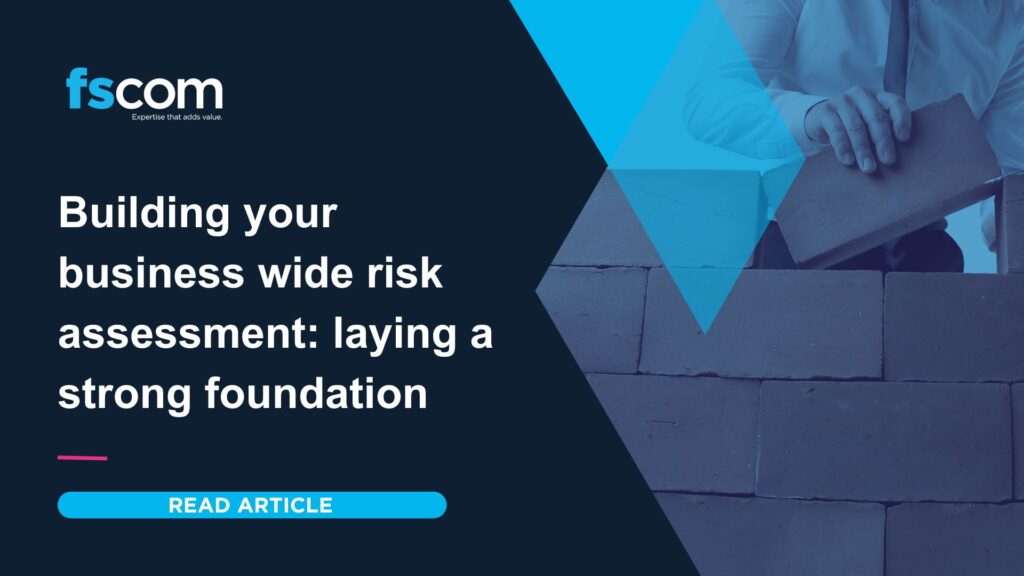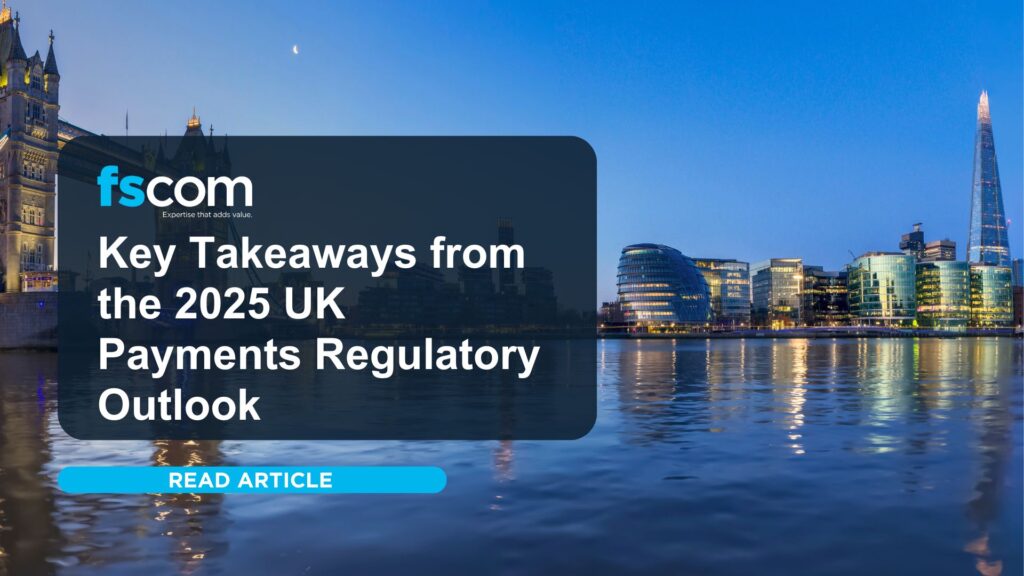Assurance and audit
Our UK and EEA regulatory expertise delivers compliance maturity through rigorous and independent audits and assurance reviews. We go beyond checklists to ensure your compliance controls are effective, resilient and built to last.

Why work with us?
We offer audit services that drive compliance, reduce risk and strengthen regulatory ties, aligning with FCA, EEA, and global standards to help your firm meet regulations in both letter and spirit.
- Compliance maturity specialists – we assess and evolve your compliance maturity from the basics to industry leading.
- Experienced regulatory experts – our team consists of former regulators, compliance leaders and audit specialists.
- UK and EEA regulatory knowledge – deep expertise across regimes including the FCA, Central Bank of Ireland, BaFin, ACPR and CSSF.
- Beyond audit reports – our Evolve Framework and Performance Pact promote continuous compliance excellence.
Assurance and audit

Client success stories
We completed a full-scope compliance audit, resolving control weaknesses and supporting a London payments firm through FCA remediation.

Client success stories
We resolved systemic AML and CTF failings, redesigning processes and restoring regulator confidence for a leading financial institution.

Client success stories
We conducted detailed compliance due diligence, identifying gaps and giving investors confidence in a global money-transfer provider’s AML framework.

Client success stories
We performed a full compliance audit, reducing risk exposure and improving governance across the e-commerce and payments divisions of a global firm.
Insights that keep you ahead
Access expert insights, regulatory updates and in-depth analysis from our sector specialists. Our thought leaders break down emerging risks, evolving expectations and industry trends - giving you the clarity to strengthen governance, enhance control frameworks and lead with compliance maturity.
Trusted by leaders in compliance
Talk to our audit and assurance specialists
Connect with our experts to discuss how we can develop audit and assurance solutions for your business.













